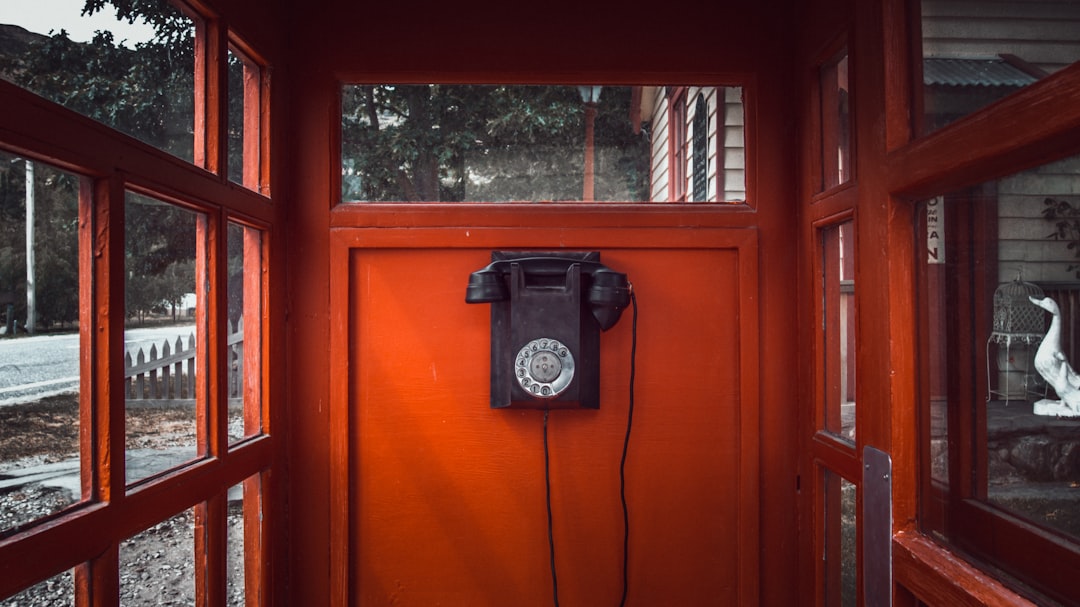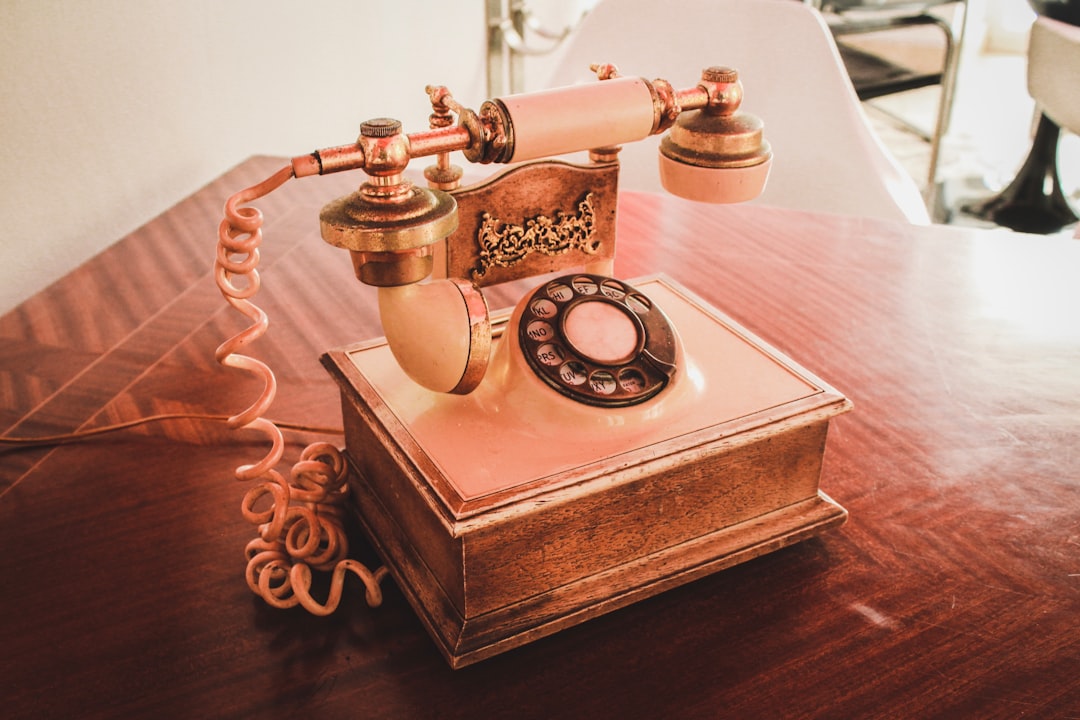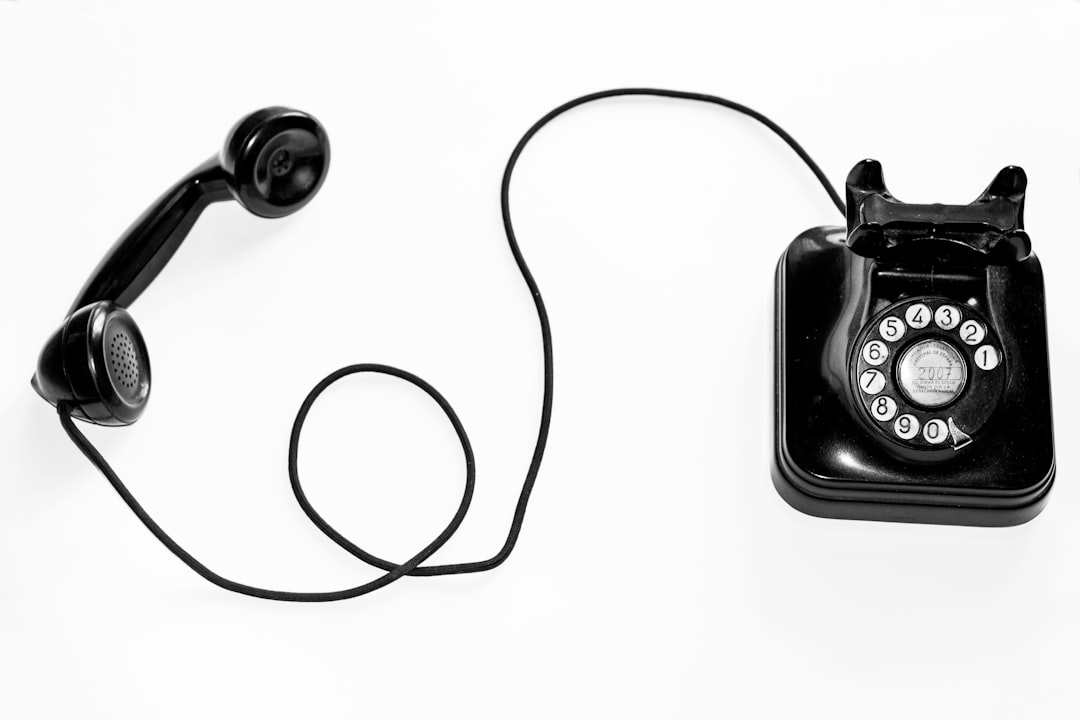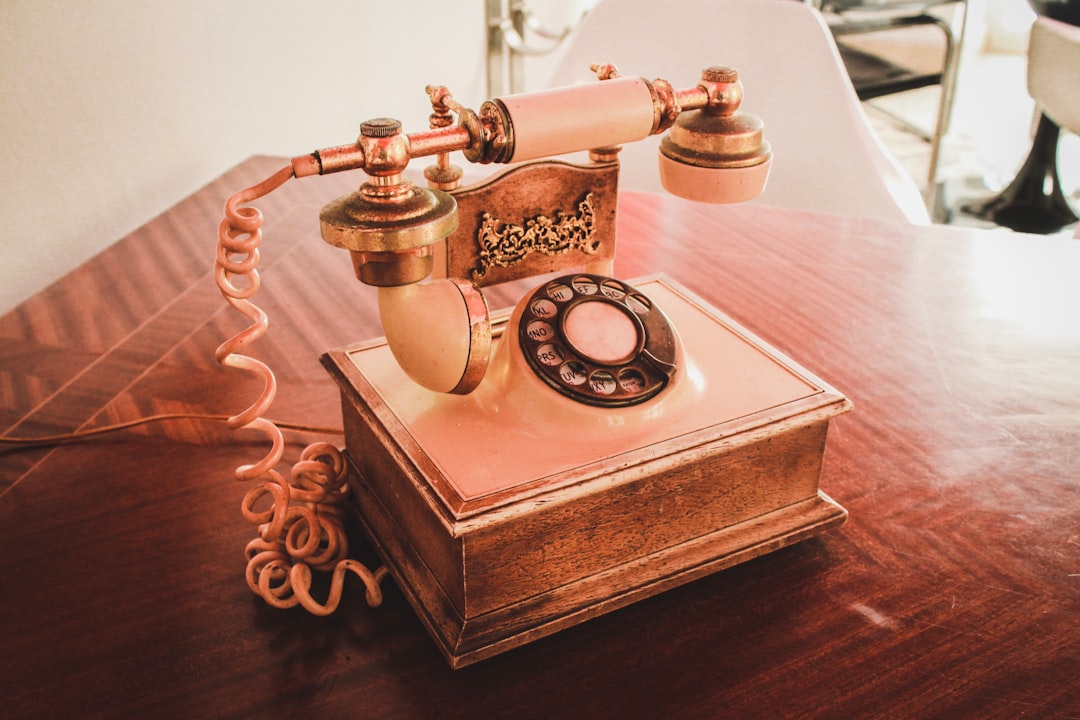Gulfport residents plagued by unwanted phone calls (robocalls) can take action under Mississippi's 'Do Not Call' laws, in line with federal TCPA regulations. Using social media platforms to report and spread awareness via hashtags and community groups empowers citizens to combat spam effectively. Documenting caller info, sharing experiences online, and reporting to authorities are key steps. Engaging legal professionals specializing in 'Do Not Call' laws, like those offered in Mississippi, provides additional protection against nuisance calls.
In Gulfport, Mississippi, unwanted calls can be a persistent nuisance with potential legal repercussions. This guide explores how social media can serve as a powerful tool for reporting these calls, empowering residents to take action. We’ll delve into the legal implications of unwanted phone calls and why using social media platforms to document and report them is an effective strategy. By following our step-by-step approach, you can contribute to stopping harassing calls while also assisting local authorities and potential victims. Remember, if you’re facing persistent unwanted calls, consider reaching out to a Do Not Call Lawyer Mississippi for expert guidance.
Understanding Unwanted Calls and Their Legal Ramifications in Gulfport, Mississippi

Unwanted calls, also known as robocalls or telemarketing calls, are a common nuisance that many Gulfport residents face on a daily basis. While some calls may be promotional or informational, others can be intrusive and illegal, especially when they persist despite requests to stop receiving them. In Mississippi, including Gulfport, such unwanted phone calls are regulated by state and federal laws designed to protect consumers from excessive or deceptive telemarketing practices.
If you’ve been experiencing a barrage of unwanted calls, it’s essential to know your rights and options. According to the Telephone Consumer Protection Act (TCPA), businesses must obtain explicit consent before making automated or prerecorded phone calls for marketing purposes. If you’ve asked a Do Not Call Lawyer Mississippi to stop calling you, they could face significant legal repercussions. Understanding these laws is crucial in navigating how to report unwanted calls effectively and seeking justice if necessary.
Why Social Media Can Be an Effective Tool for Reporting Unwanted Calls
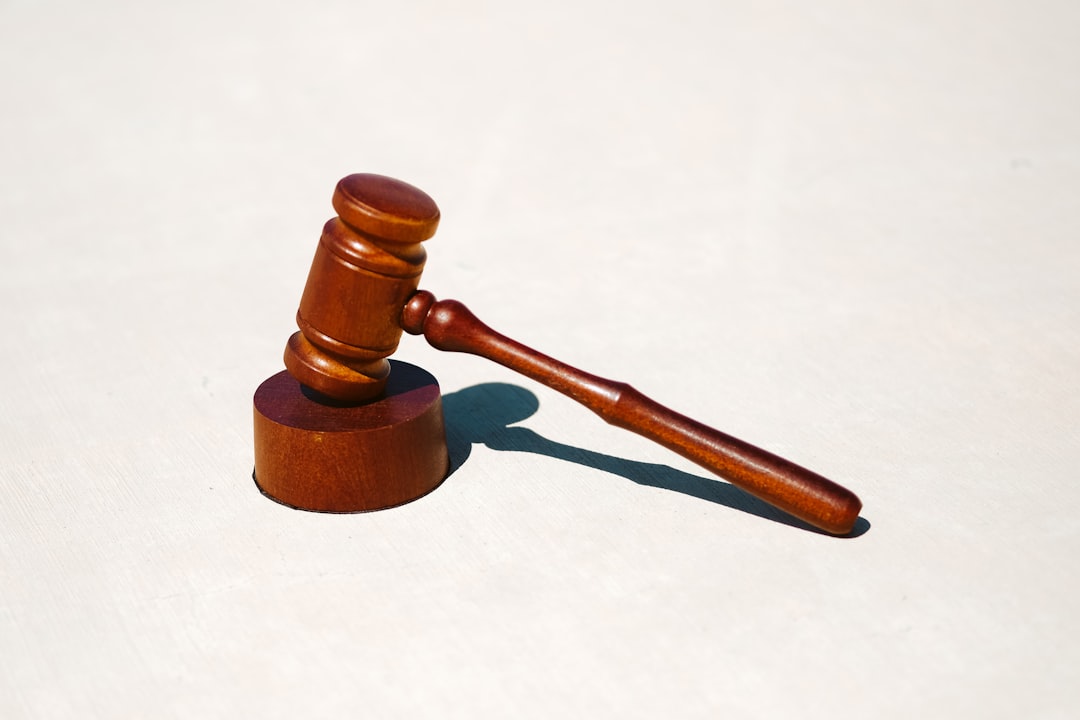
In today’s digital age, social media platforms have become powerful tools for community engagement and information sharing. When it comes to reporting unwanted calls, especially in Gulfport, Mississippi, these online spaces can offer a convenient and effective solution. By utilizing hashtags and community groups, individuals can easily spread awareness about persistent or harassing phone calls, potentially leading to swift action from authorities or relevant legal entities.
One significant advantage of social media is its reach. A single post or tweet with relevant details and the #DoNotCallMississippi hashtag can quickly gain traction, alerting numerous individuals who might have similar experiences. This collective effort creates a network of support while also serving as a powerful deterrent for those making unwanted calls. Additionally, many social media platforms allow users to share personal stories, providing concrete examples of the impact of such calls, which can further emphasize the importance of addressing this issue.
Step-by-Step Guide: Using Social Media to Document and Report Unwanted Calls in Gulfport
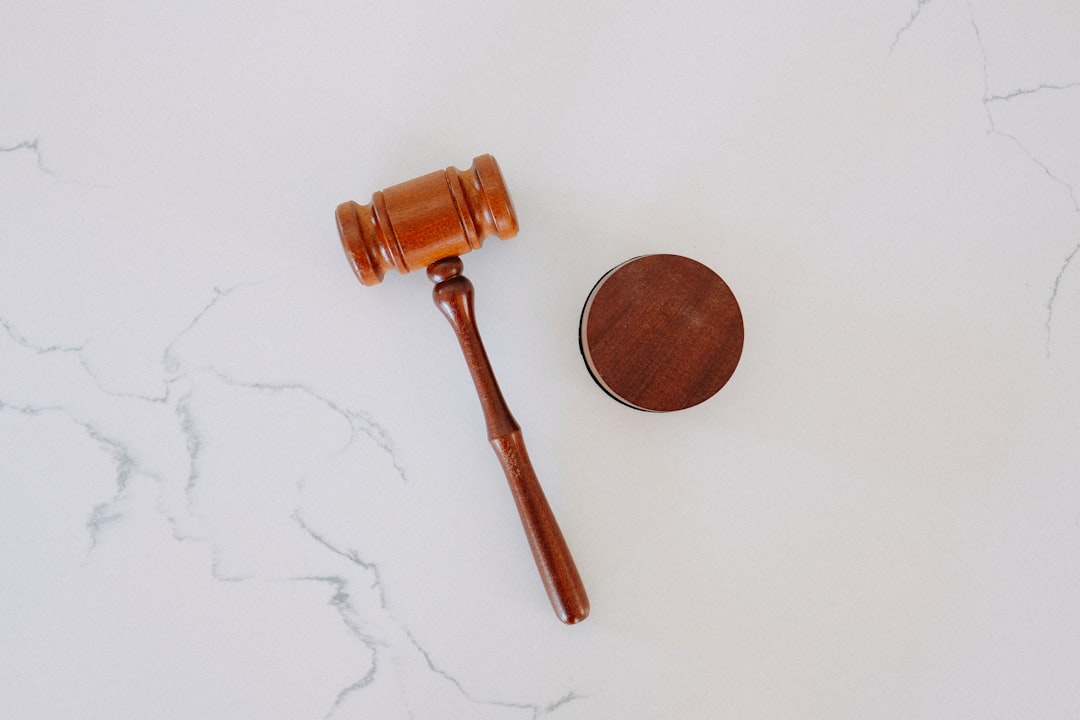
In today’s digital age, social media platforms offer a powerful tool for reporting unwanted calls, especially in Gulfport, Mississippi. Here’s a step-by-step guide on how to use these channels effectively:
1. Document the Call: The first step is to save all relevant information from the unwanted call. Note down the caller’s phone number, any identifying details, and a brief description of the call itself. If possible, record audio or video of the interaction for future reference.
2. Create a Social Media Post: Share your experience on a platform where the caller is likely to be active, such as Facebook, Twitter, or Instagram. Clearly state that you’ve received an unwanted call and include all collected details, including screenshots or links to any automated messages. Tag the caller’s account (if possible) while keeping in mind privacy considerations.
3. Use Relevant Hashtags: Incorporate hashtags like #UnwantedCalls, #StopSpamming, or even specific ones like #DoNotCallMississippi to increase visibility and reach a wider audience who can offer support or report similar issues.
4. Engage the Community: Encourage your followers to share their experiences as well, creating a network of reported incidents. This collective action can raise awareness about the issue in Gulfport and potentially lead to increased scrutiny on unwanted call campaigns.
5. Report to Authorities (Optional): While social media is an excellent way to document and spread awareness, you may also want to consider reporting these calls to local law enforcement or regulatory bodies that handle telemarketing complaints. Be sure to include your saved evidence when doing so.
